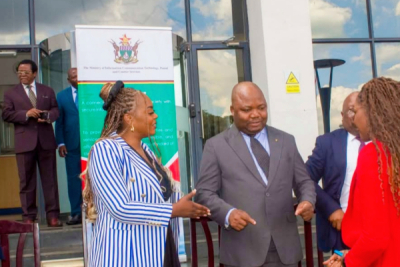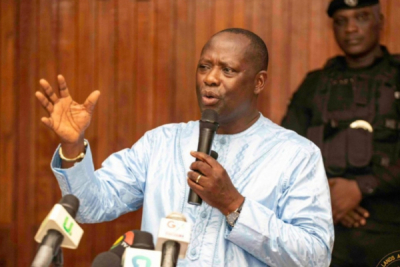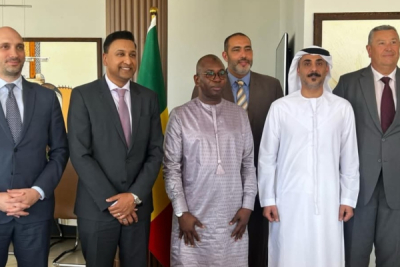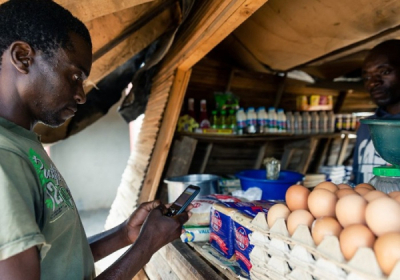Uganda started digitizing its public services more than 10 years ago. Subsequent achievements confirm the soundness of the decision that the Ugandan government took much earlier than most African countries.
Uganda saved an average of USh4 trillion (US$1.1 billion) yearly over the last ten years thanks to digitization. The figure was disclosed by Hatwib Mugasa, executive director of the country’s information technology authority NITA-U, in Kampala last Wednesday, March 23, during the Huawei ICT Congress 2022.
“This cost would have been spent on paper, manual processes, and data centers’ service fees for each ministry, department, and agency,” the government official explained. As part of its digitization project, the government has “rolled out over 4172km of backbone fiber cable in over 62 Districts of Uganda,” he added. It also includes “rolling out last-mile fiber cable to extend connectivity to the grass-root user all the way to the Parish.”
“In a few weeks from now we shall have completed 764km under the Last Mile Phase and citizens shall be able to access e-government services at 1,400 administrative locations,” he concluded.
The financial gains aside, digitization also helped save time for citizens who can now pay their taxes, request passports, and register a business online, Hatwib Mugasa indicated.
Uganda is currently one of the African countries with the highest e-government readiness score. In its latest "E-government development index 2020", the International Telecommunication Union ranked the country 18th out of 54 on the continent. The country's score of 0.4499 out of 1 is above the East African (0.3738) and African (0.3914) average. In 2010, its e-government development score was 0.2812.
Adoni Conrad Quenum



















